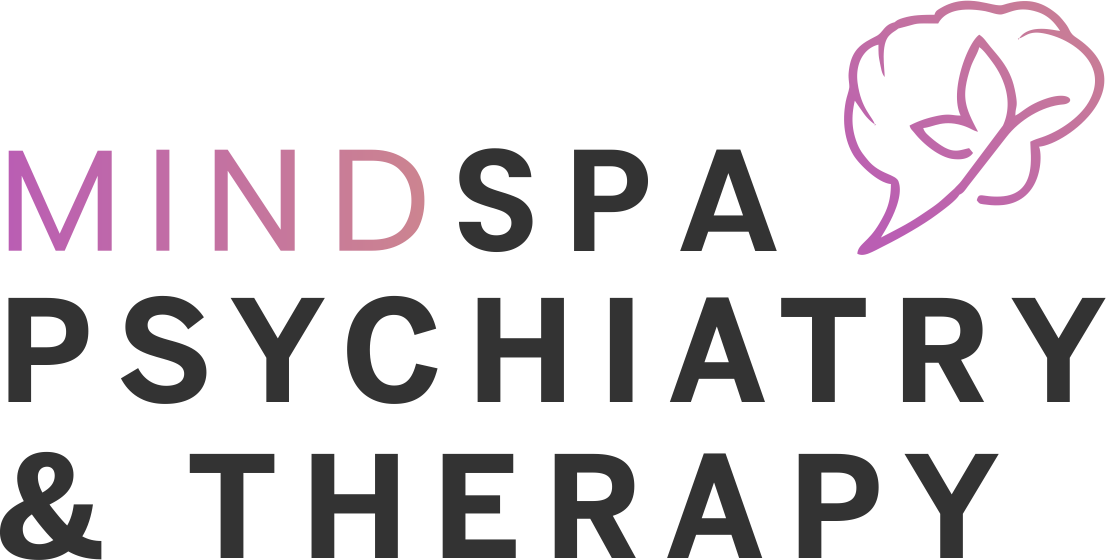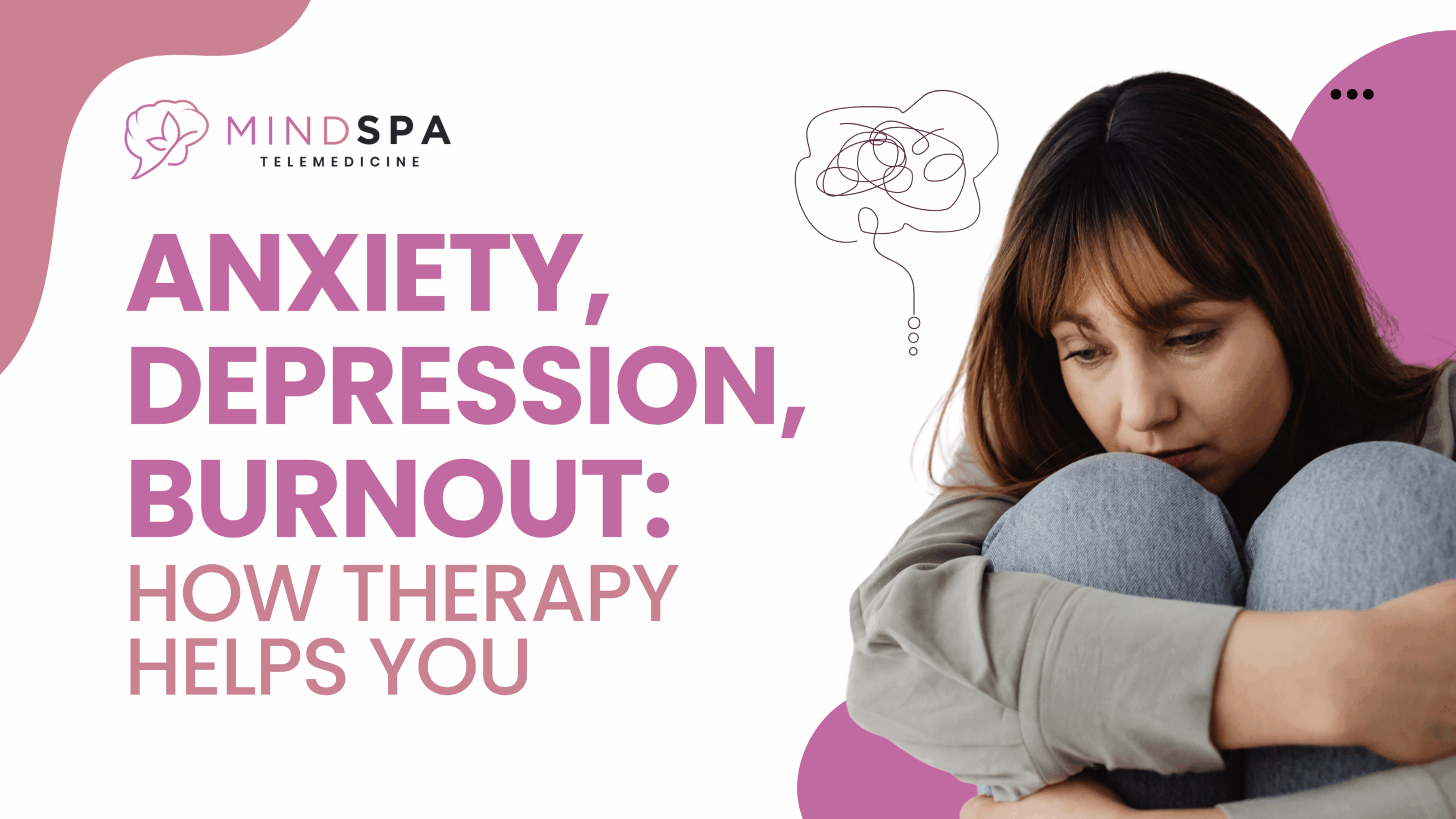Nearly 1 in 5 adults in the U.S. live with a mental health condition, according to the National Institute of Mental Health. Post-pandemic stress has made anxiety, depression, and burnout more common than ever. Therapy provides a tried-and-tested way to emotional balance and recovery.
Understanding the Post-Pandemic Mental Health Scenario
The last couple of years have shaken regular life and careers, relationships, and even feelings of safety. When we are not sure about our future, or when we feel as though we cannot alter our lives, anxiety and depression usually set in.
Previously, burnout was predominantly related to the overworking process that may happen in the workplace, but nowadays it is more widespread and occurs among parents, givers, students, and even retirees.
Every condition does have distinct symptoms, but they tend to overlap, especially since they do lead to cycles of emotional burnout and despair. Therapy will give a structured environment in which to break these cycles, and will give equipment and support that will cause real recovery.
How Does Therapy Help with Anxiety?
Anxiety may seem that it is a continuous, loud mental alarm clock, endless thoughts, tensed muscles, and a nervous inability to sit. Therapy takes care of the symptoms and the causes.
- Cognitive Behavioral Therapy (CBT) assists you in disputing illogical thinking and replacing it with balanced and realistic thinking.
- The mindfulness practices you learn during therapy will ensure that you are rooted to the present, preventing overthinking.
- Gradual exposure strategies can alleviate phobias and social anxiety.
Moreover, treatment is usually combined with the changes in lifestyle, including the enhancement of sleep hygiene, diet modification, and the development of regular exercise regimens. Such actions help manage anxiety, and also enhance emotional strength.
How Does Therapy Support Recovery from Depression?
Depression usually steals the motivation and happiness from a person. Daily activities become so heavy, and loneliness becomes the order of the case. Therapy stops this negative loop by:
- Having a non-judgmental outlet to express feelings.
- Assisting in identifying negative thinking habits that intensify sadness.
- Establishing goals that are realistic and attainable to restore daily structure.
Interpersonal Therapy (IPT) may be particularly helpful when depression is based on grief or relationship strain, or a life transition. Therapy may also link clients with other support systems that complement the recovery process, such as a support group, medication control, and community programs.
Is Burnout More Than Fatigue?
Burnout is emotional and physical depletion caused by chronic stress. It’s more than being tired; it’s losing enthusiasm for things you once enjoyed.
Here’s how burnout differs from other conditions:
| Symptom | Burnout | Depression | Anxiety |
|---|---|---|---|
| Primary feeling | Exhaustion and detachment | Hopelessness and sadness | Nervousness and overthinking |
| Cause | Prolonged stress, overload | Multiple personal or biological factors | Anticipation of perceived threats |
| Energy levels | Low, drained | Low | Often restless or tense |
Therapy is effective because it determines the causes of the breakdown, whether the workload or the emotional support needed, or simply a lack of boundaries, and makes specific action plans to stabilize the situation.
The Interconnection Between Anxiety, Depression, and Burnout
Anxiety, depression, and burnout often feed into each other. Stress may cause sleeplessness, contributing to burnout. The burnout may cause emotional exhaustion that puts you at risk of depression. This network of symptoms is treated holistically in therapy and not separately.
A therapist can assist you regarding time management, emotion regulation and rekindle activities that lead you to feel purposeful. By viewing mental health as a complete picture, it is characterized to be more sustainable in terms of recovery.
How Therapy Accelerates Healing
Being able to see a blind spot in your coping mechanisms is one of the greatest advantages of therapy with a trained professional aid you in this process. You might believe that forcing yourself is strength, but a therapist could demonstrate that rest, boundaries, and vulnerability are just as powerful.
To illustrate, an individual who has burnout may be unaware of how tiring the constant yes in response to demands is. Therapy may help to learn how to say no without feeling guilty through role-playing and guided conversation.
Progress is also monitored with the help of therapy. Compared to self-help approaches, in which you can easily fall out of the process, therapy attendance will hold you accountable, and scheduled check-ins mean you never get stuck.
Self-Help Practices That Complement Therapy
While therapy is essential for healing, daily self-care reinforces its benefits:
- Create boundaries with work, family, and friends to avoid overload.
- Get some exercise. 20 minutes of walking can improve mood.
- Restrict stimulants such as caffeine, which will increase anxiety.
- Keep a gratitude journal to focus on positives.
These activities are not an alternative to therapy, but make progress between the sessions.
Conclusion
Depression, burnout, and anxiety are gripping, yet they do not have the final say in your future. The therapy provides means and assistance in restoring equilibrium, self-confidence, and optimism-and helping you go on with certainty and strength.
MindSpa is here to walk with you through your healing system as a friendly, evidence-based therapist. Go the extra mile towards a happier and healthier you, and call MindSpa Psychiatry & Therapy today to make your appointment.
Frequently Asked Questions
How does therapy help with depression and anxiety?
Therapy can be used to assist in the identification of unhelpful thinking styles, coping skills teaching, and the provision of emotional support. Both CBT and mindfulness should help decrease symptoms, raise the mood, and develop resilience to future attacks.
How to cope with anxiety and depression?
Combine professional therapy with self-care routines like regular exercise, a balanced diet, and consistent sleep. Journaling, mindfulness, and connecting with supportive people can also help stabilize mood and reduce overwhelming thoughts.
How to cope with burnout and anxiety?
Combat burnout by resting, setting boundaries, and managing time, and manage anxiety by breathing, therapy, or doing slow exposure to triggers. A combination of the approaches will nullify the lack of energy and mental fog.
How to heal from emotional burnout?
The healing process involves recognition of the causes of stress, divestment, as well as reconnection to the things we enjoy. Restoring emotional energy and avoiding recurrence depends on therapy, rest, and social support.
What is the fastest way to recover from burnout?
Although it cannot be fixed immediately, targeted rest, a lower workload, and assisted therapy may speed up healing. Pay more attention to self-care, healthy eating, and stress relief to recover physical and mental resilience faster.

